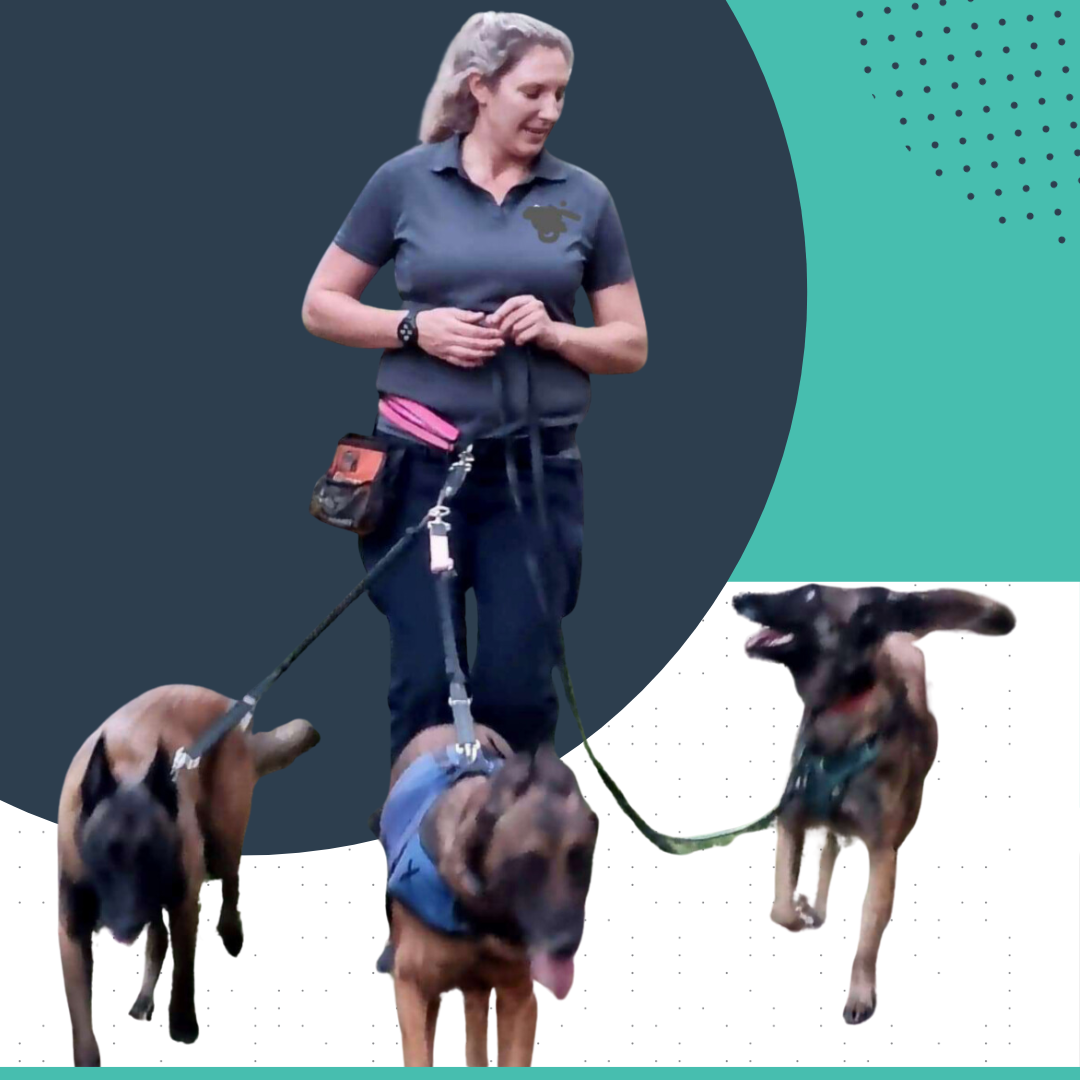Small Animal Behaviour: ON DEMAND

Applied small animal behaviour for veterinary practice
“Throwing medication at a behavioural problem is bound to succeed!” – said no informed veterinary professional, ever.
This course is designed for veterinary professionals who are ready to reduce stress, improve compliance, improve wellbeing, and make a significant difference to the lives of individual patients.
During this course, you’ll see we’re not going to regurgitate a list of behaviour drugs and behaviour disorders at you.
We’ll begin by outlining how veterinary professionals like you can improve your patients’ wellbeing, from your waiting room and surgery to the wide world beyond. We’ll sharpen your observation skills, tackle common feline and canine behavioural diagnoses, and investigate holistic treatment plans. We’ll discuss widely-used medications and off-label treatment options. We’ll show you how to use each of these elements so that you can approach behaviour with an open mind, collaboration, and some lateral thinking.
Behaviour is a fascinating field, and it presents an excellent opportunity to make a difference. Come and get it.
-
SIX MONTHS OF ACCESS TO ALL MODULES
-
FLEXIBLE CPD WHEN YOU WANT
-
DOWNLOADABLE NOTES
-
CERFITICATE UPON COMPLETION
-
MOBILE FRIENDLY INTERFACE
BEHAVIOUR IN PRACTICE
Embracing the positive
- Promoting effective puppy socialisation
- Modifying the clinical environment to suit patients
- The “cooperative care” version of handling & restraint
- Giving veterinary advice for adaptive behaviour
- Embracing nurse & technician roles in small animal behaviour
Recognising & treating behavioural issues
- Separation anxiety
- Noise reactivity
- Inappropriate urination
- Reactivity
- Behavioural medications by class
- Indications & common usages
- Contraindications
- Managing off-label use
- Holistic treatment plans
Course Modules
One of the biggest reasons for treatment failure in neurodivergent patients is relying on medication alone. In this module, we’ll talk about creating holistic behavioural treatment plans including behaviour modification techniques and ideas for management of behaviour problems.
Prescribing veterinarians: if you feel uncomfortable with some of the behaviour medications, this module is for you! We’ll discuss common behavioural medications by class, including indications, contraindications and common usages. We’ll cover the off label use of different behavioural medications and the importance of fitting them in to a complete treatment plan which also employs management strategies and behaviour modification techniques.
A VETPRAC COURSE YIELDS TANGIBLE BENEFITS
INVEST
Seven modules of flexible online learning & $497 investment in your professional development
LEARN
Proactive behavioural support, plus strategy, medication & training for behaviour cases
RETURN
Offer behaviour services to your clients, treat with confidence knowing your information is up to date
Your Educator

Dr Natalie Maticka

Narelle Braunack
CHOOSE YOUR PAYMENT OPTION
UPFRONT PAYMENT
$497 AUD
PAYMENT PLAN
x 4 monthly payments of $134
Your Questions Answered
What is “On Demand”?
How and when do I access learning materials?
We use a one-stop learning platform for our web-based courses. It’s intuitive, simple and easy to navigate, and we’ll email login details to you as soon as your purchase is confirmed. You can access notes, recordings and resources any time of day or night via your personalised course library. You don’t have to watch a whole video in one sitting, and you’re in complete control.
How long is course access open?
24/7 access is available for 6 months via your course library, starting on your purchase date. For example, if you sign up on July 1st, your access will be open until January 1st the following year. We’ve chosen 6 months because veterinary medicine moves fast and our goal is to provide up to date learning materials to the VetPrac community. The education team will assess, review and update the course at the end of the subscription period. This way, we know we’re offering only current and relevant information.
What kind of learning materials are included?
Each course is different but they all include video presentations recorded live during our most popular online courses and webinars. Our educators may provide a variety of other resources, so you can expect images, diagrams, course notes, slide presentations, journal articles, links to further reading, and more.
Is there learning support available?
Of course! We’ll stay in touch with a monthly email to check in with you, and share important information with you. We’ll also remind you when your access is about to finish. If you need a hand (or if you just want to chat) our online learning team is available via email [email protected] or on 0491 943 260.
Are there assessments to complete?
Yes, but they’re not mandatory. At the end of the course there will be multiple-choice questions available through the learning platform. You’ll need to pass these to receive your CPD certificate.
Will I get CPD points and a CPD certificate?
Each registration is worth a specified number of CPD points. Once you complete the quiz questions at the end of the course, a certificate will be generated and emailed to you. The certificate will be issued in the name of the person listed on the registration form.
What happens when time runs out?
At the end of 6 months, your subscription will end. You’ll still be able to log in to your course library, but the On Demand course you’ve completed will disappear from the list of courses available to you. You will receive an email when you are nearing the end of your access period, so you can download any resources you need for future use.
